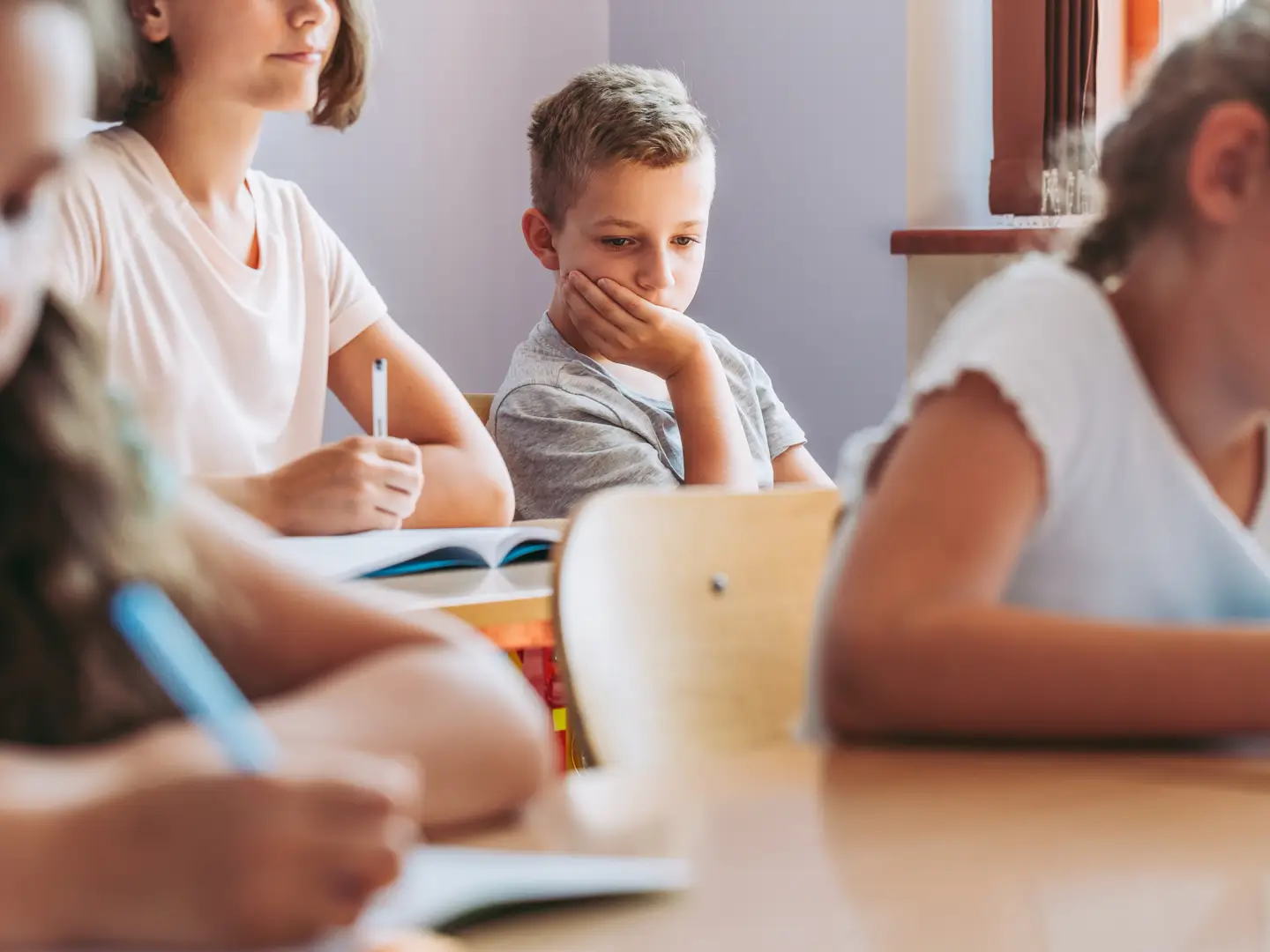Health
I want all children to grow up feeling happy, healthy and well, with access to support quickly and locally when they need it.

Health is a core pillar of my work following ‘The Big Ask’. The majority of children aged 9 to 17 (80%) told me they were happy or okay with their mental health. But 20% of children were unhappy, making it a top issue for children today. This figure is also higher amongst older teenage girls.
Children also spoke about wanting good physical health, and younger children in particular spoke about wanting to live healthy lifestyles.
[Mental health] is such a taboo subject, I […] don’t know how to get help, simply because it’s so hard to bring up. I’ve spoken to other people in person and online about this, and a lot of them feel the same way.
Girl, 14,
The Big Ask

In The Big Ask there were 26,000 responses from children in receipt of mental health support. My office conducted visits to children in mental health hospitals as part of the qualitative research for The Big Ask.
In March 2023, my office published the annual briefing on children’s mental health. This found that the average waiting time between a child being referred and starting treatment had increased.

My office also produced short flyers for primary school pupils and secondary school students to help children to talk about their feelings and find out how to get support if needed.
My office has been working to ensure the Government’s Special Education Needs and Disabilities (SEND) Green Paper leads to fundamental change for the support available to children with SEND in school, including those with mental health needs.
In July 2022, my office published a new report based on young people’s views, ‘A Head Start: Early Support for Children’s Mental Health’. This sets out the office’s vision for children’s mental health, as a response to the Government’s Mental Health and Wellbeing Plan consultation.

As part of the Family Review, my team visited a number of mental health inpatient units to talk to children and understand how inpatient care supports family life. These visits are also being used to inform my work on improving the draft Mental Health Bill and ensuring children’s voices are at the centre of reforms to inpatient mental health care.
My office has also been delivering a programme of work exploring the harmful impact of the online world on children. We spoke to 120 children and young people aged 8 to 21 to understand and inform the role of parents in tackling sexual violence online.